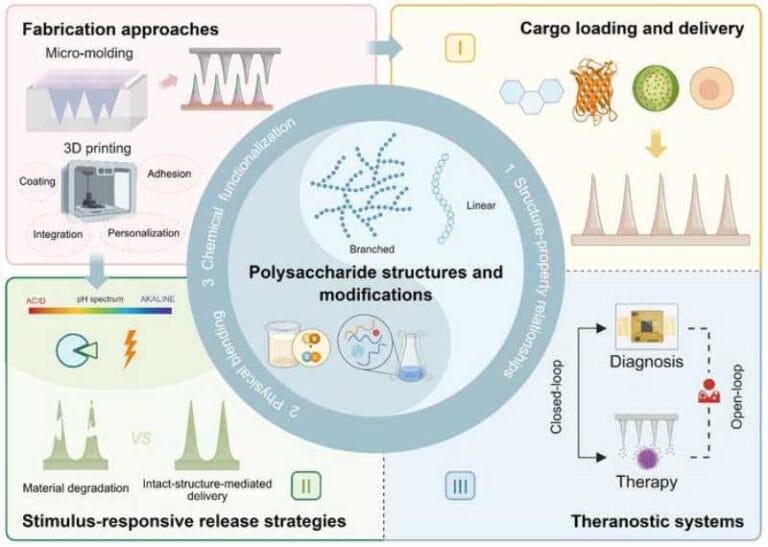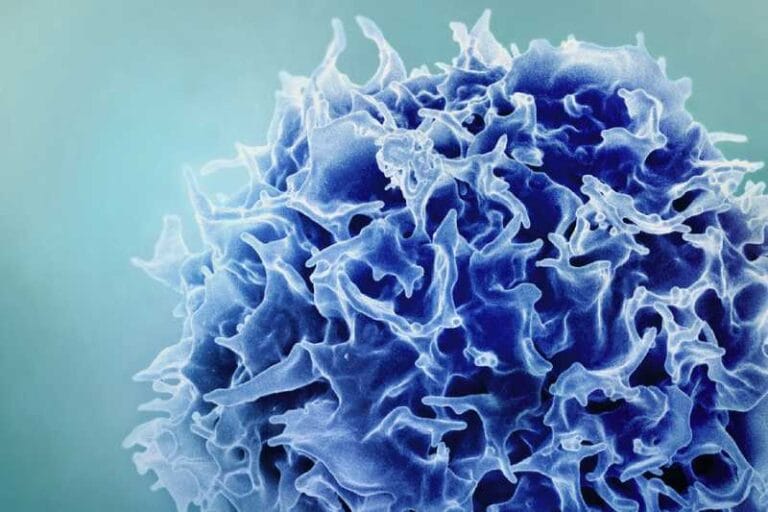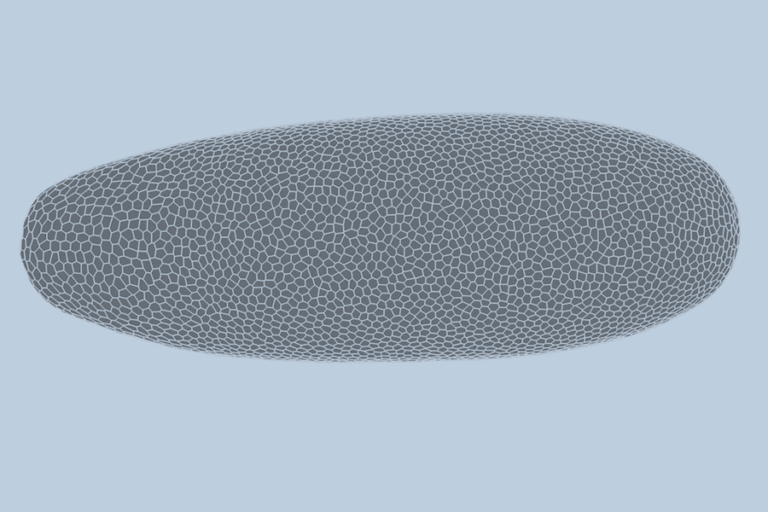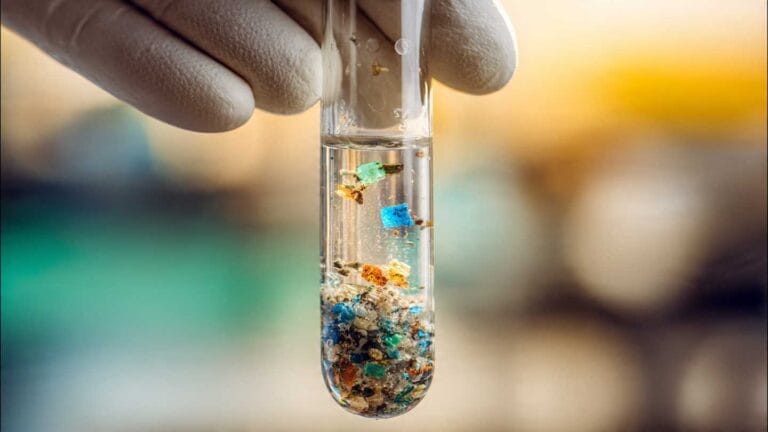Brazilian research finds that earwax may help detect cancer
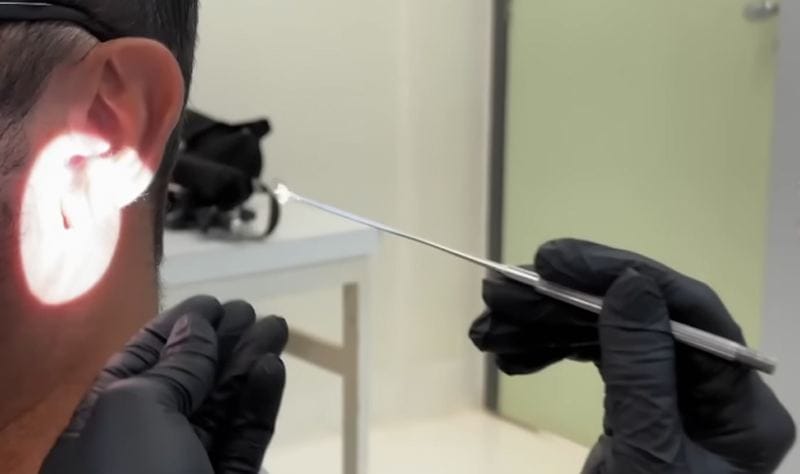
A team of Brazilian researchers is uncovering promising results in the use of earwax to detect cancer at its earliest stages.
According to scientists at the Federal University of Goiás (UFG), earwax is a “gold nugget” of information about the human body. “It’s located in a relatively protected area, safe from external contamination, and it’s easy to collect,” explains Dr. Camilla Oliveira, an ENT specialist.
Once collected, the wax is analyzed in the lab to identify potential health changes. “If our body is healthy, the chemical composition of earwax remains consistent. But if there’s a change that could signal disease, the composition shifts. Today, we consider earwax a fingerprint of our overall health,” says Nelson Antoniosi Filho, UFG professor and lead researcher of the study.
The project, which began a decade ago, has already produced encouraging results. Early on, researchers were able to detect diabetes and cancer through wax analysis. Recent findings have raised even more excitement.
“This method allows us to identify stages that occur before cancer actually develops,” Nelson says. “This will make treatment easier and reduce patient suffering.”
The UFG research is conducted in partnership with Hospital Amaral Carvalho in Jaú, São Paulo, a facility specialized in cancer care. The study involved 751 volunteers, including 220 with no prior diagnoses. Among them, five were found to have atypical substances in their earwax, which later tests confirmed as early-stage cancer. Another 531 participants were already undergoing treatment, and wax analysis correctly indicated the disease in all cases.
José Luiz Spigolon, who overcame prostate cancer in 2012, volunteered for the earwax test in 2019. The test detected cancerous cells, which imaging later confirmed as a new pelvic tumor.
“To my surprise, the test came back positive. It was quite a shock,” José Luiz recalls. He underwent 36 sessions of radiotherapy, and subsequent earwax tests indicated the cancer had gone into remission. Current exams confirm that he is now cured.
“The earlier cancer is detected, the higher the chances of a full recovery,” José Luiz adds.
The study’s findings were published in Scientific Reports, one of the world’s leading scientific journals.
Dr. Patrícia Milhomen, an oncologist at Hospital Amaral Carvalho, highlights the potential of the technique. “While regulatory approval is still required, this test is easy to collect, low-cost, and could have a major social impact. It could make rapid cancer diagnosis accessible to many more people,” she says.

